During that time, the newspaper not only propagated the Party and State's guidelines, policies, and decisions of the City Party Committee, People's Council, and People's Committee in building and developing the capital, but also promoted and spread the historical traditions, culture, and elegant lifestyle of Hanoi, a thousand-year-old civilized city. In particular, in the 90s of the 20th century, Hanoi Moi was the local Party newspaper that pioneered in the field of preventing and combating corruption and negativity.

Up to now, many people believe that the leading newspaper in fighting corruption and negativity after 1954 was Tin Tuc Newspaper of Vietnam News Agency when it published a series of articles about Thanh Hoa Provincial Party Secretary Ha Trong Hoa abusing his power in 1985. It must be said that the information about a Party Central Committee member violating discipline first appeared in the newspaper through investigative articles, creating an "earthquake" in society at that time. This demonstrated the courage to do and take responsibility of the leaders and reporters of Vietnam News Agency. In the perception of society, the press in the North from 1954 to 1975 and the press nationwide after 1975 mainly reflected, praised, and beautified. However, a careful study of the history of revolutionary journalism shows that this is not necessarily the case.
Going back in time, in 1965, the Hanoi Capital Newspaper (in 1968, the Hanoi Capital Newspaper and Thoi Moi Newspaper merged into Hanoi Moi Newspaper) published an article about an employee of the Ngo Thi Nham Street Food Store (Hai Ba Trung Ward) embezzling 1,600 kg of food stamps. At that time, the US Air Force was bombing the North, the whole country was in a state of war, but the fact that the Hanoi Capital Newspaper published this article proved that the newspaper not only carried out the task of propagating and encouraging the resistance war against the US of the army and people of the whole country, but also carried out social responsibility, criticized the bad, and fought against negativity in economic and social life.
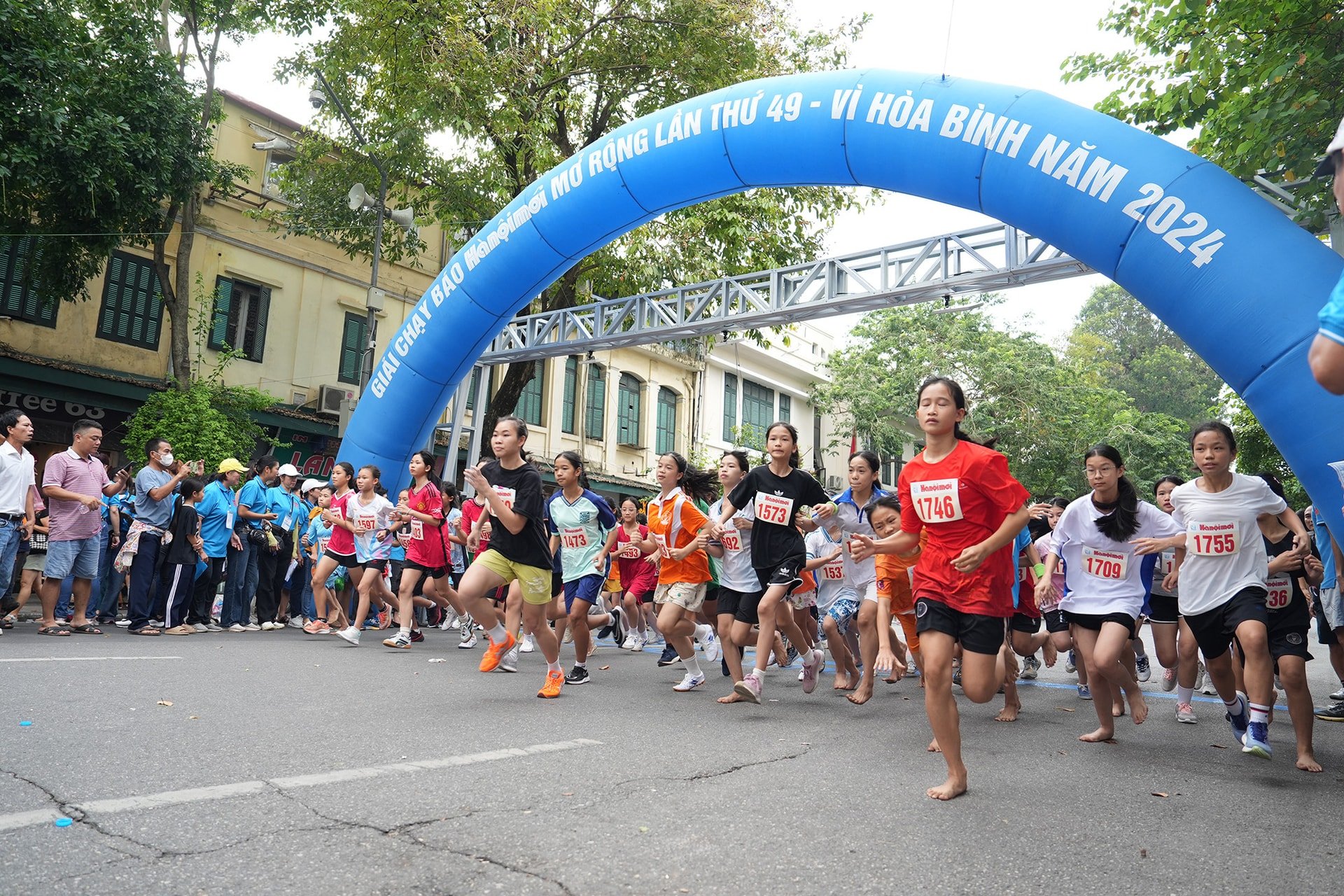
Hanoi Moi is one of the few daily newspapers that regularly publishes “comic cartoons”, with small matchbox-sized drawings in the spirit of contributing ideas and criticizing bad cultural behaviors that go against national culture and traditional ethics, or criticizing the attitude of meritorious people, lack of responsibility, and selfishness of a number of cadres and party members.
Entering the Renovation period, the Hanoi Moi Newspaper published a supplementary publication called Hanoi Moi Sunday, released on Sundays. This was a major milestone after 1975 for the newspaper, and it is worth mentioning that the content reflected was broader, the writing style was more open, and the perspective was more open and new. Many articles by contributors were of a macro scale such as "Industrial Chicken Psychology", "Ganh Hang Grocery", "Culture in the Development of the Capital", along with sharp political articles such as "The Dog Barks, the Man Keeps Going", or the series of articles "Erich Honecker's Memoirs" about the collapse of the German Democratic Republic... And Hanoi Moi Sunday became a phenomenon in the Northern press with a large circulation, thereby significantly improving the lives of the newspaper's staff and reporters.
The second important milestone was in 1995, when Hanoi Moi published its third edition (in 1994, the monthly Hanoi Today was published) which was the Hanoi Moi Sunday edition (the previous Hanoi Moi Sunday edition was changed to Hanoi Moi Weekend). This edition was managed by journalist Nguyen Trieu, with a small staff of reporters, and aimed to invite famous writers in the Hanoi press and literary community to collaborate. Nguyen Trieu is a writer with a unique style, using ambiguous and metaphorical language. When he was a reporter for the Economic Department, he wrote articles that stirred up public opinion such as "Invisible 500kV transmission line", "Refer to side A" which made Prime Minister Vo Van Kiet, despite being busy with a thousand and one things, take the time to read the articles to give instructions to the units that were constructing the North-South 500kV transmission line.
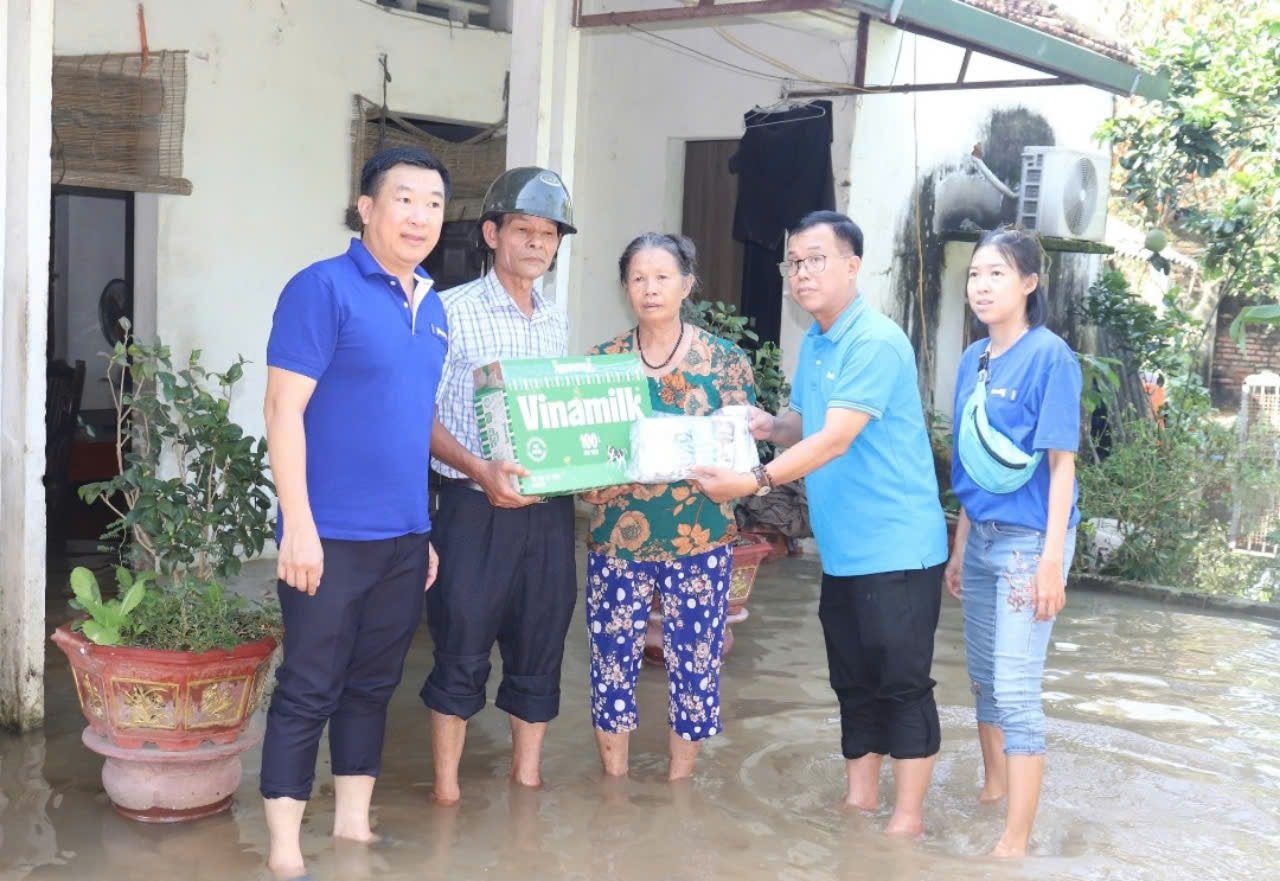
There has always been an "unwritten" concept that newspapers under the Provincial Party Committee and City Party Committee are often cautious or limit publishing news and articles reflecting negativity, especially negativity occurring in their own province or city. However, the Editor-in-Chief of Hanoi Moi Newspaper at that time, journalist Ho Xuan Son, bravely published investigative articles against negativity, even though he knew that doing so was making things difficult for himself, but "commands from the heart" urged him, civic ethics, journalistic ethics urged him. The first "shot" to open the fight against corruption and negativity on Hanoi Moi Sunday was "Do giang, da den" about the outdated mechanism at Tam Thien Mau Farm, about the leadership of this unit concealing violations and weaknesses in production and management. After the newspaper published the article, it encountered a fierce reaction from the board of directors, they went to the editorial office to confront and request corrections, but in front of documents with "red marks", they had to remain silent.
However, the event that shocked the press in particular and society in general at this time was a series of articles about violations by Vietnam Airlines in the Fokker aircraft purchase case, written by journalist Nguyen Trieu. Editor-in-Chief Ho Xuan Son read it very carefully and then asked to see the documents. After seeing that they were reliable documents, he signed to approve them for publication. On the morning of the newspaper's release, Editor-in-Chief Ho Xuan Son immediately received a phone call from a high-ranking official in the press management agency requesting not to publish the second article. But he replied that readers were waiting for the second part and continued to approve the second and third parts. Naturally, the cadres in the unit that was "exposed" in the newspaper would react. The only thing that Editor-in-Chief Ho Xuan Son and journalist Nguyen Trieu did not expect was that the incident would turn in another direction, when the violations were ignored, and the newspaper was accused of "violating the Security Ordinance" and "revealing state secrets" because the documents were stamped "Confidential". For 3 months, journalist Nguyen Trieu had to work with the investigation agency just to answer one question: "Who provided the documents?" And his answer did not change for 3 months, that "someone sent the documents to the newspaper's mailbox". Then the functional units also found that the "Confidential" stamp of the enterprise was not a "national secret" and everything gradually calmed down. After that shocking incident, Hanoi Moi Sunday continued to have many investigative articles against negativity, in which the "famous" one was the violations at the Vietnam Tea Corporation. The reporters writing the articles, the professional staff and the newspaper were tired of confrontation and explanation, but no one was discouraged because of their belief in the truth.

Although he knew that fighting corruption and negativity was not simple and even dangerous, Editor-in-Chief Ho Xuan Son dared to take the plunge, showing that he was an exemplary Party member who took the lead in implementing the Party's policies. And not only Hanoi Moi Sunday, but also the daily editions and the Hanoi Moi Weekend publication also published many articles with a high fighting spirit against corruption and negativity at that time.
In 2008, implementing Resolution No. 15/2008/QH12 of the National Assembly, Ha Tay province merged into Hanoi city, accordingly Ha Tay Newspaper merged with Hanoi Moi Newspaper. Since then, the publications of Hanoi Moi Newspaper have continued to have many articles on this topic, creating a resonance among readers, thereby continuing to affirm the social responsibility of the Capital Party newspaper towards the country and the people.
Source: https://hanoimoi.vn/ban-linh-cua-to-bao-dang-thu-do-706291.html


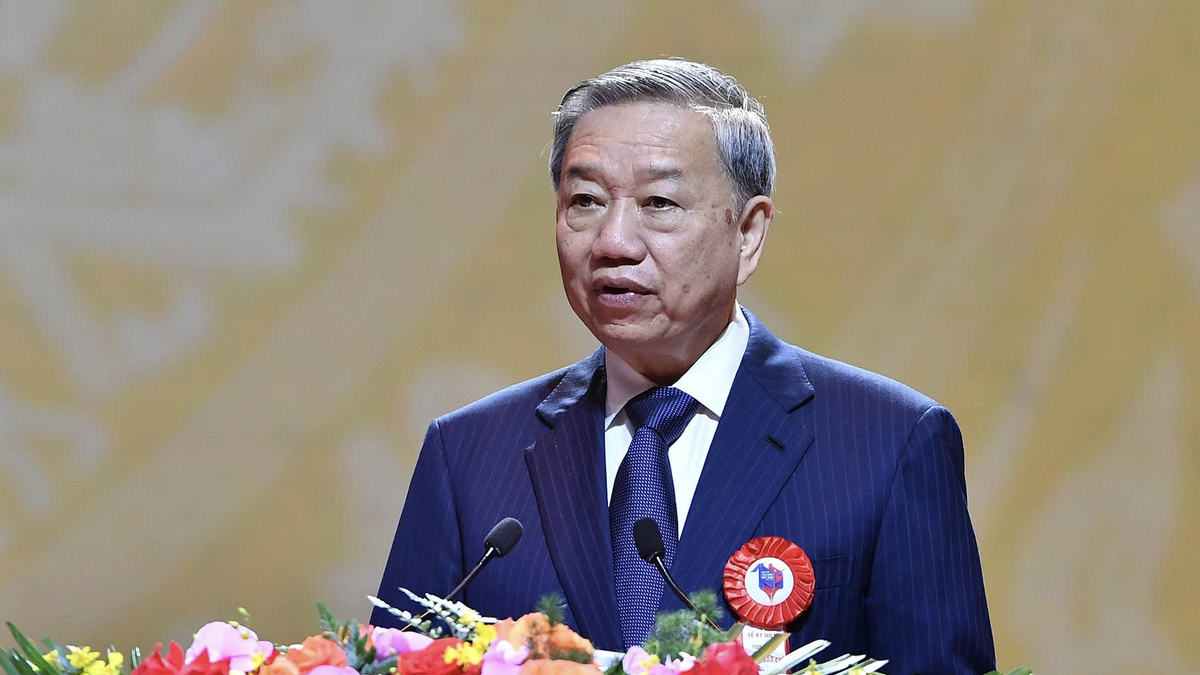





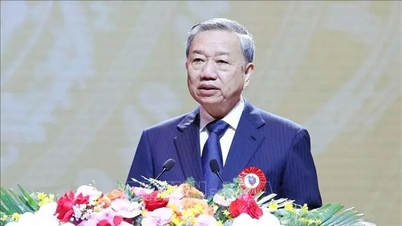

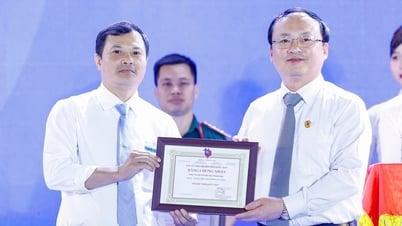

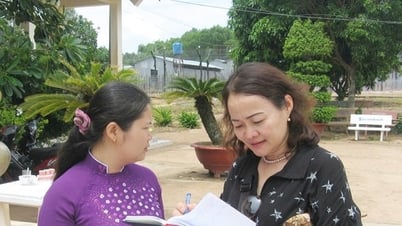
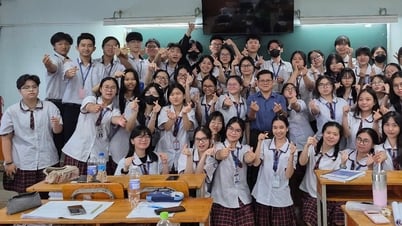
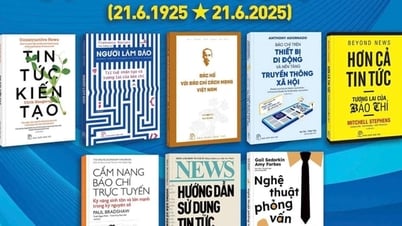
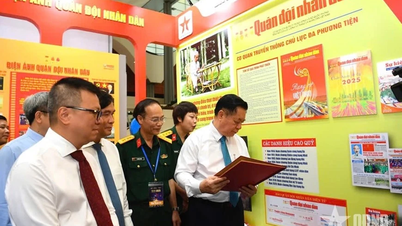

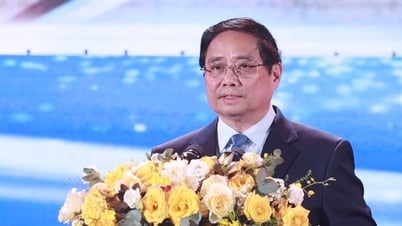
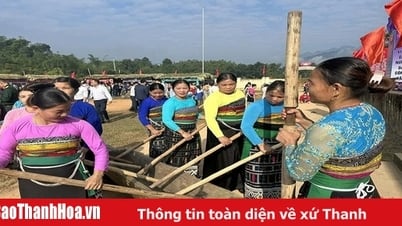

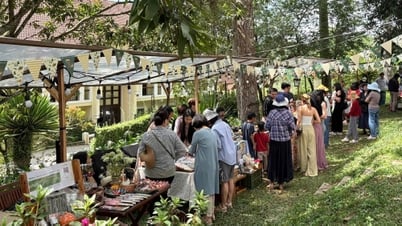


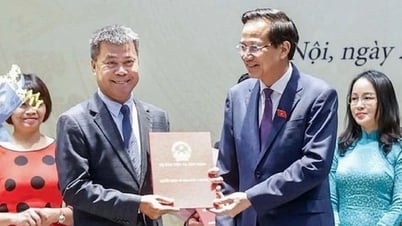







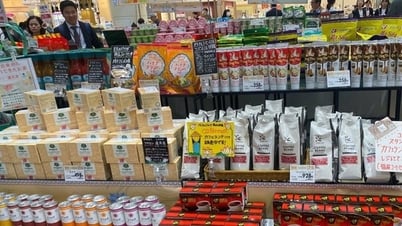
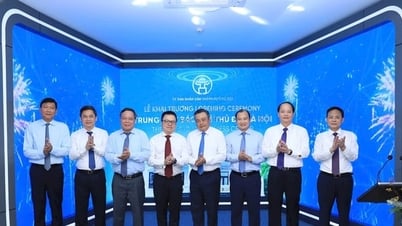
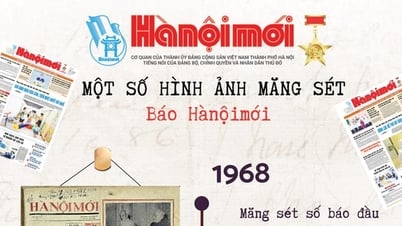
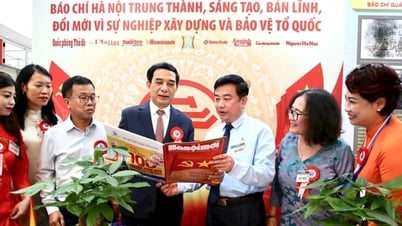
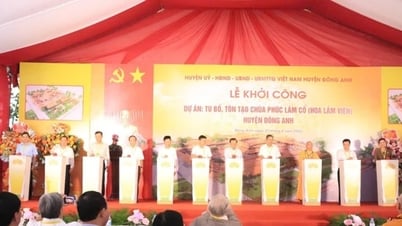
![[Photo] Central Propaganda and Mass Mobilization Department meets with exemplary journalists](https://vphoto.vietnam.vn/thumb/1200x675/vietnam/resource/IMAGE/2025/6/21/9509840458074c03a5831541450d39f8)




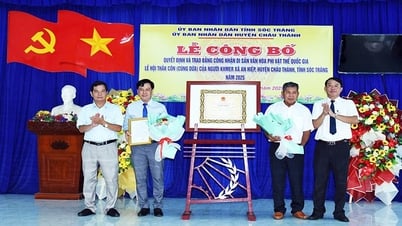

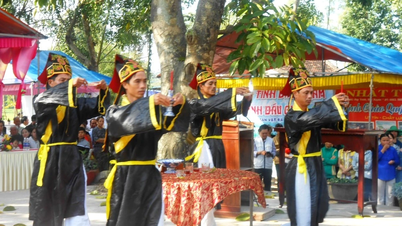

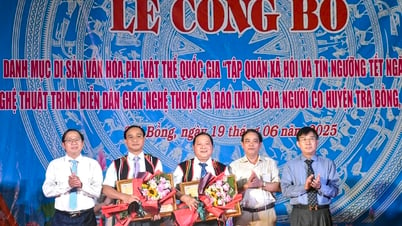




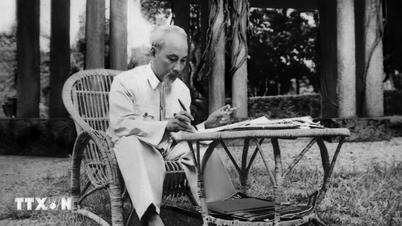




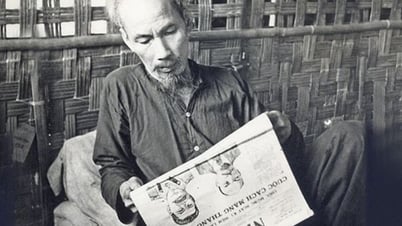





![[Maritime News] Wan Hai Lines invests $150 million to buy 48,000 containers](https://vphoto.vietnam.vn/thumb/402x226/vietnam/resource/IMAGE/2025/6/20/c945a62aff624b4bb5c25e67e9bcc1cb)


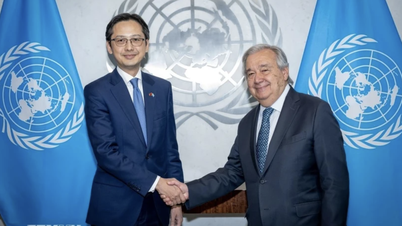
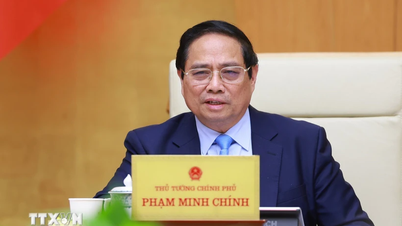







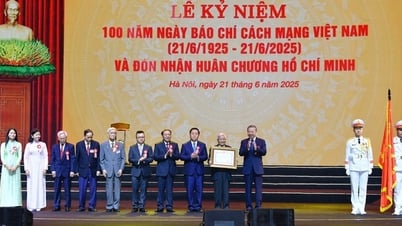
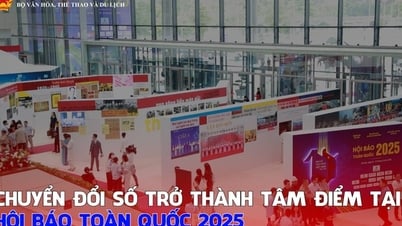
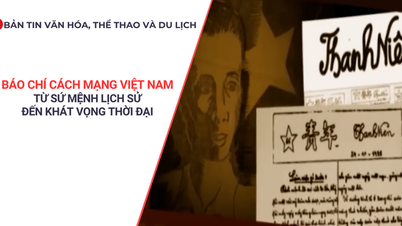
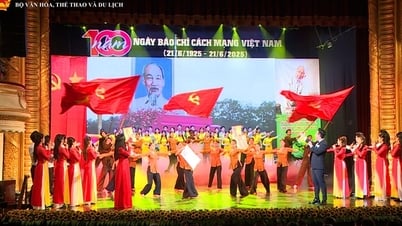
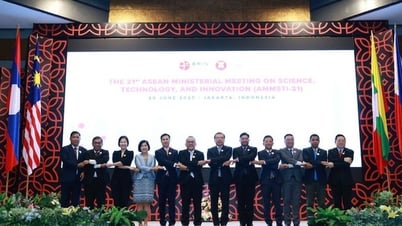


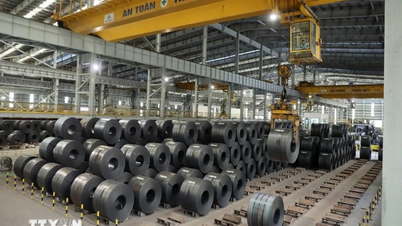
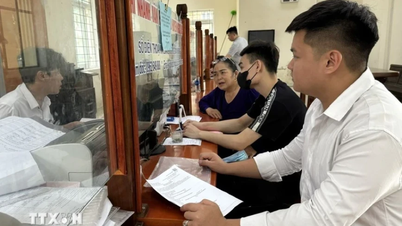











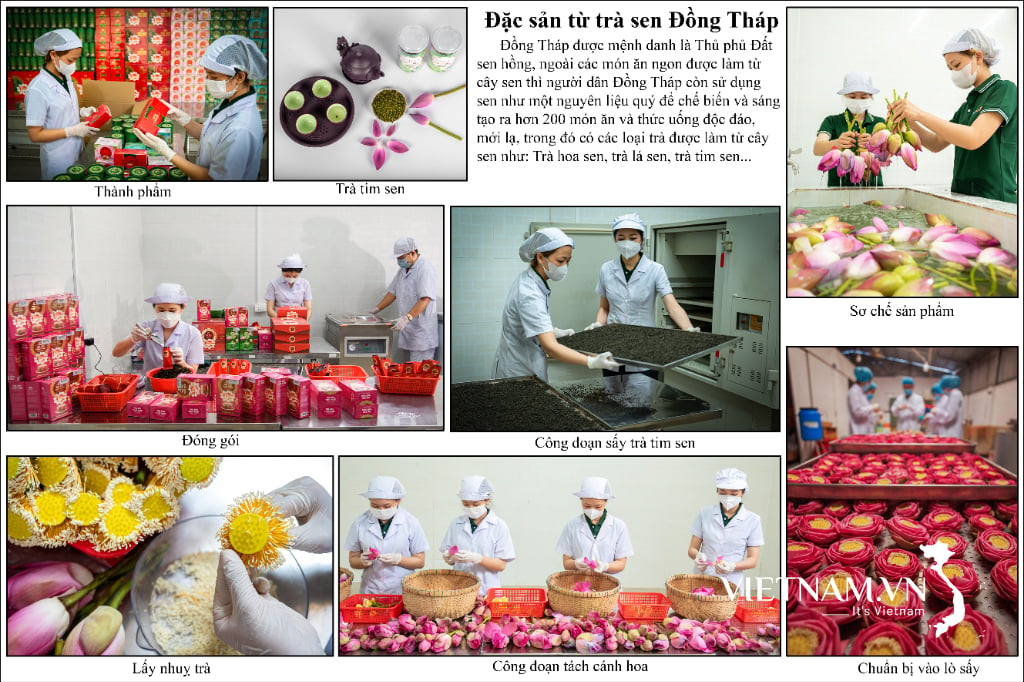
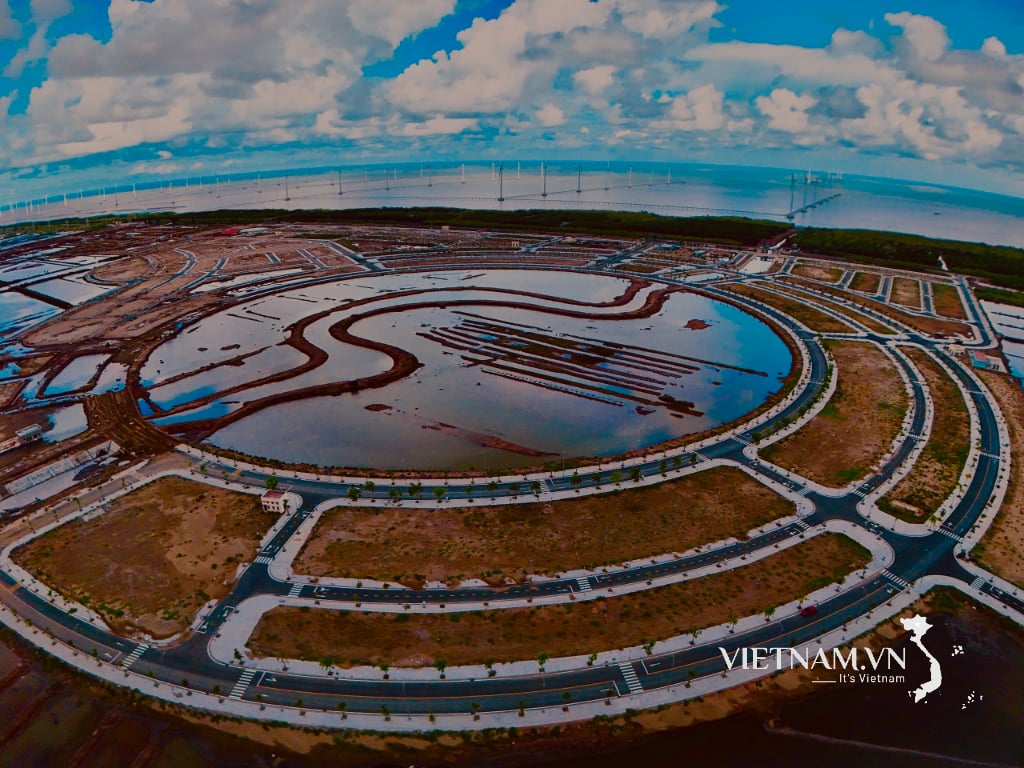


Comment (0)